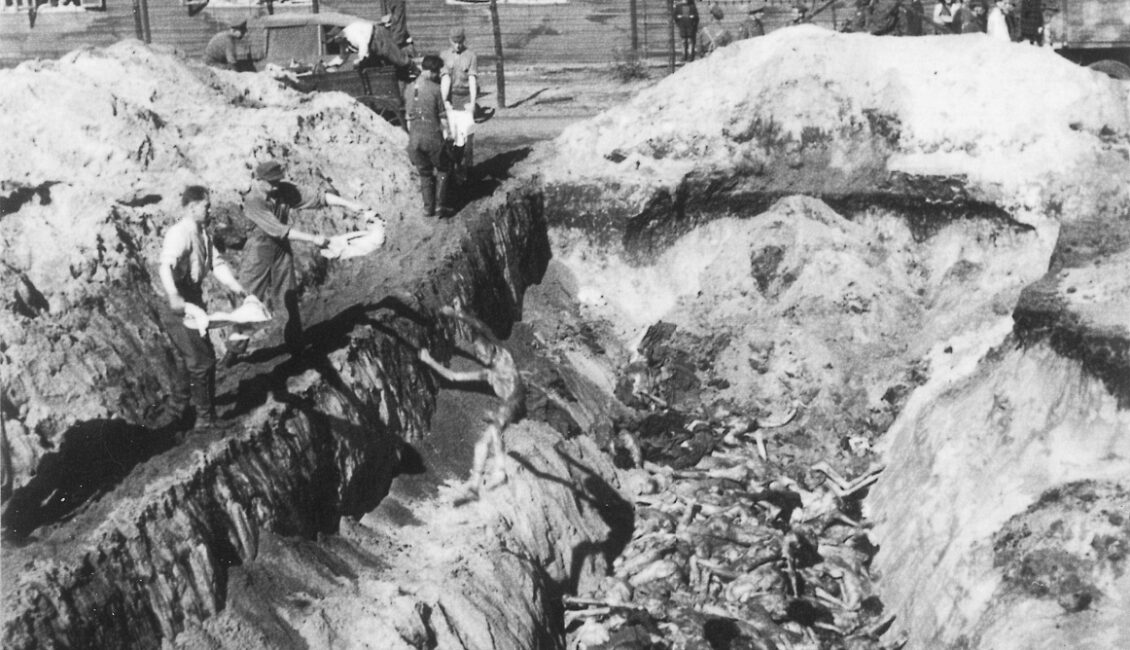
Peter Lantos, prisoner 8431 in Bergen-Belsen concentration camp, was deported from Hungary with his family in 1944. His father died of starvation but he and his mother survived.
He will talk about life in Belsen, liberation, return to Hungary, behind the Iron Curtain, and his life in England.
Peter Lantos was prisoner 8431 in Bergen-Belsen concentration camp. He was deported there with his parents in the summer of 1944 from a provincial town in Hungary. His father died of starvation, but he and his mother survived. When the British liberated the camp on 15 April 1945, they found thousands of dead and many more dying. Not fewer than 21 members of his family perished in the Holocaust.
He will talk about this journey, life in Belsen, their liberation and return to Hungary – a country behind the Iron Curtain. Life under communist dictatorship was as bad as described by Orwell in his book 1984. He studied medicine and arrived in London in 1968 with five pounds and a small suitcase, but with the safety net of a Wellcome Research Fellowship. Since he refused to return to Hungary at the end of his one-year tenure, he was sentenced to 16 months of imprisonment in absentia and total confiscation of all his belonging.
He pursued career in Clinical Neuroscience and was appointed Professor of Neuropathology at the Institute of Psychiatry/Maudsley – now a part of King’s College London. After retirement, in pursuit of the past, he replicated the journey he had made 60 years earlier. The result is two books: ‘Parallel Lines: a Journey from Childhood to Belsen’ for adults and ‘The Boy Who Didn’t Want to Die’ for children.
Organiser: Chichester Marks Holocaust Memorial Day